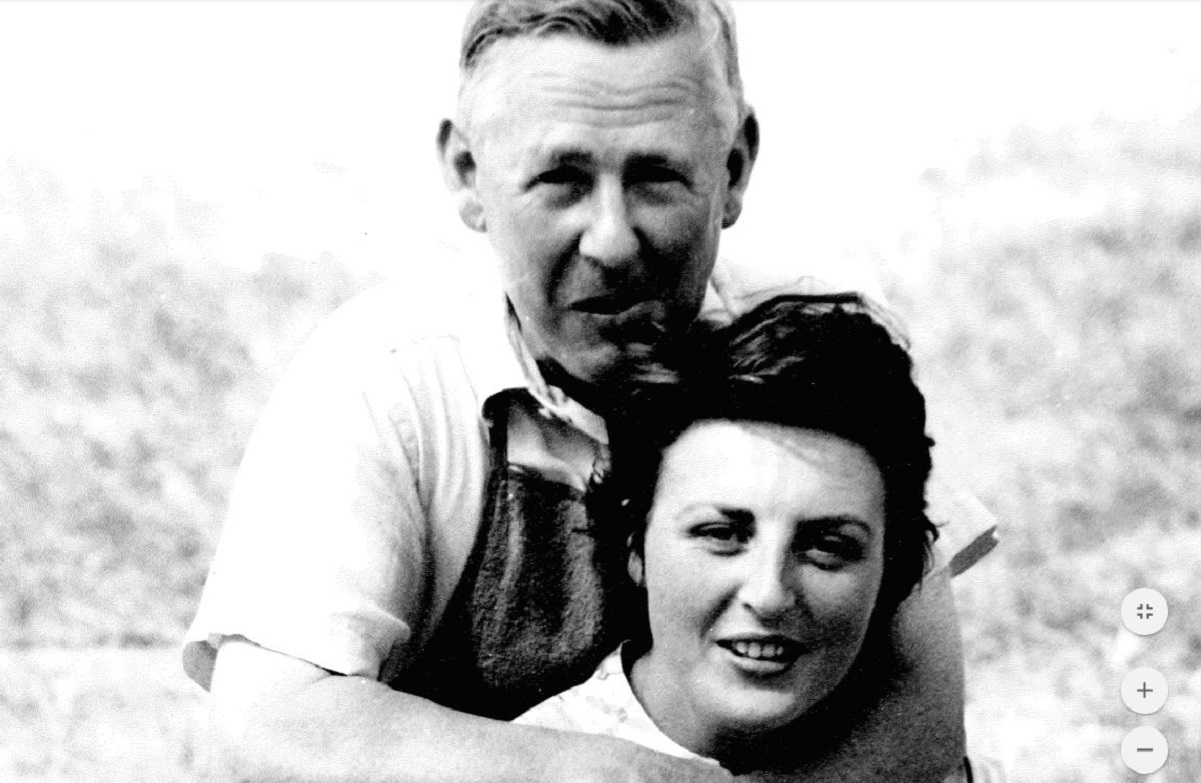
A new book highlights the lasting impact of a significant bequest received in the early 1990s, illustrating how it has advanced medical education at Flinders and continues to influence the quality of practice and research by Flinders medicine alumni.
Sir Ewen Waterman was a highly respected South Australian pastoralist, wool executive and businessman. In 1993, his estate, through a decision by his daughter Sandra Waterman, provided a bequest to the Flinders School of Medicine to establish the Sir Ewen Waterman Foundation.
Received at a pivotal time in the University’s medicine program, the funding enabled a distinguished international scholar of medical education research to visit the University annually and deliver the annual Sir Ewen Waterman Oration.
The first talk was given in 1995. Now all orations up to 2016 have been preserved in print with the publication of The Waterman Foundation.
These gifts of new knowledge and cutting-edge approaches from around the world have played a key role in the development of Flinders’ medical education. As one of the era’s pioneering medical educators, the University was already known for its innovation. It was one of the first medical schools in the world to embrace a ‘whole of school’ approach rather than traditional ‘department owned curricula’ – differentiated by several factors including early clinical contact and integration of clinical care and research.
Then in 1993, Flinders established its first Office of Medical Education (the predecessor to the Prideaux Centre), tasked with leading continual improvement to ensure the University’s medical education remained at the front of its game.
Professor Lambert Schuwirth, Flinders’ Strategic Professor in Medical Education and Chair of the Waterman Foundation Management Committee, says the Foundation has informed many medical education innovations at Flinders since then.
“The Waterman Fellows provided new information, authenticated new approaches, and gave the University and its various medical and other health professions teams the confidence to instil pioneering practices,” Professor Schuwirth says.
“David Hirsch from Harvard visited us several years ago and shared his views on what is called longitudinal integrated clerkships. His knowledge and Flinders’ own experience have both been incredibly important for the further development of our parallel rural curriculum and the medical program.
“Cees van der Vleuten’s visit was on an assessment approach called programmatic assessment. We had been planning this for several years, but it was difficult for the organisation to ‘take the plunge’. After his visit, implementation happened rapidly.
“Programmatic assessment in this College, especially in the medical degree, is the current flagship innovation and Flinders plays a leading role in Australasia in this domain – our programmatic assessment is far advanced compared to many other medical degrees around the world.”
Professor Schuwirth says a programmatic approach to assessment is advocated in the Australian Medical Council’s accreditation guidelines, and Flinders’ approach may have contributed to its maximum term accreditation.
A Waterman Fellow himself, Professor Schuwirth is the only one to return to Flinders as an employee.
Working at the forward-thinking Maastricht University in the Netherlands at the time of his talk, Professor Schuwirth advocated for a new approach to medical education assessment in his 2001 oration.
He argued for an evidence-informed approach to assessment and a rational approach to optimise assessment value within resource boundaries. For example, if fewer questions are asked across more cases, rather than in-depth enquiries of two cases, this can lead to more reliable and defensible decisions about students. Backed by evidence, this approach was one of several changes to take place at Flinders after his talk.
The most recent Waterman Oration was delivered this year by Professor Ian Curran, Vice Dean of Education at Duke-NUS Medical School in Singapore.
Orations from recent years are available on the Prideaux Centre webpage.(link)
The Waterman Book incorporates present-day reflections from Waterman Fellows, preserving their talks and contributions in a printed publication that offers a commentary on the complexity of medical education and the value of being open to new ideas.
The book was launched at an event at Flinders last week, and was attended by Waterman family members and past Flinders staff who were involved in the Waterman Foundation including two former Deans of the medical school, Emeritus Professors Lyndon Wing and Paul Worley (now the Rural Health Commissioner).
The launch provided an opportunity for the University to express its gratitude to the Waterman family and all those involved in the Waterman Foundation over the years.
“We have much to thank the Waterman family for,” Professor Schuwirth says. “It is likely that without these visits, some very important developments would not have taken place.”
Including a brief biography of Sir Ewen McIntyre Waterman and an account of Flinders’ journey in medical education, the publication is available to view or download as a free ebook.

